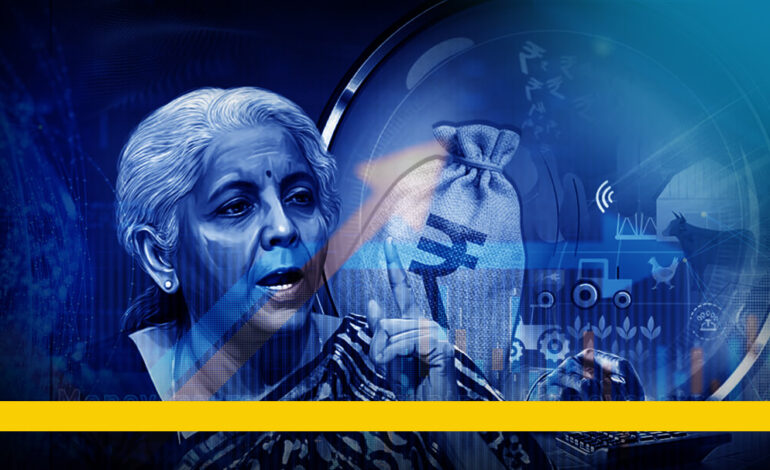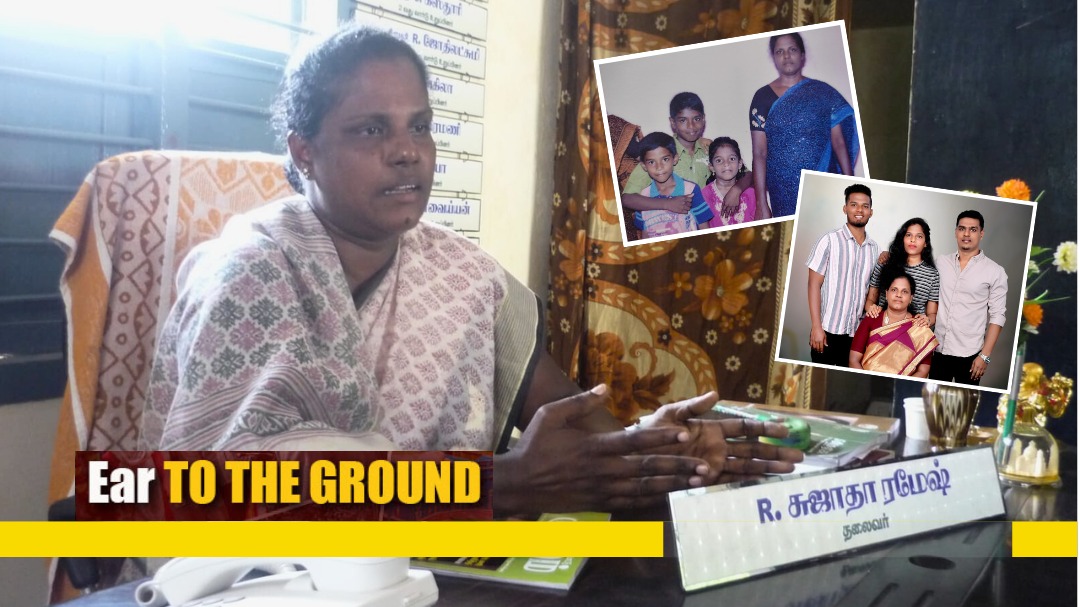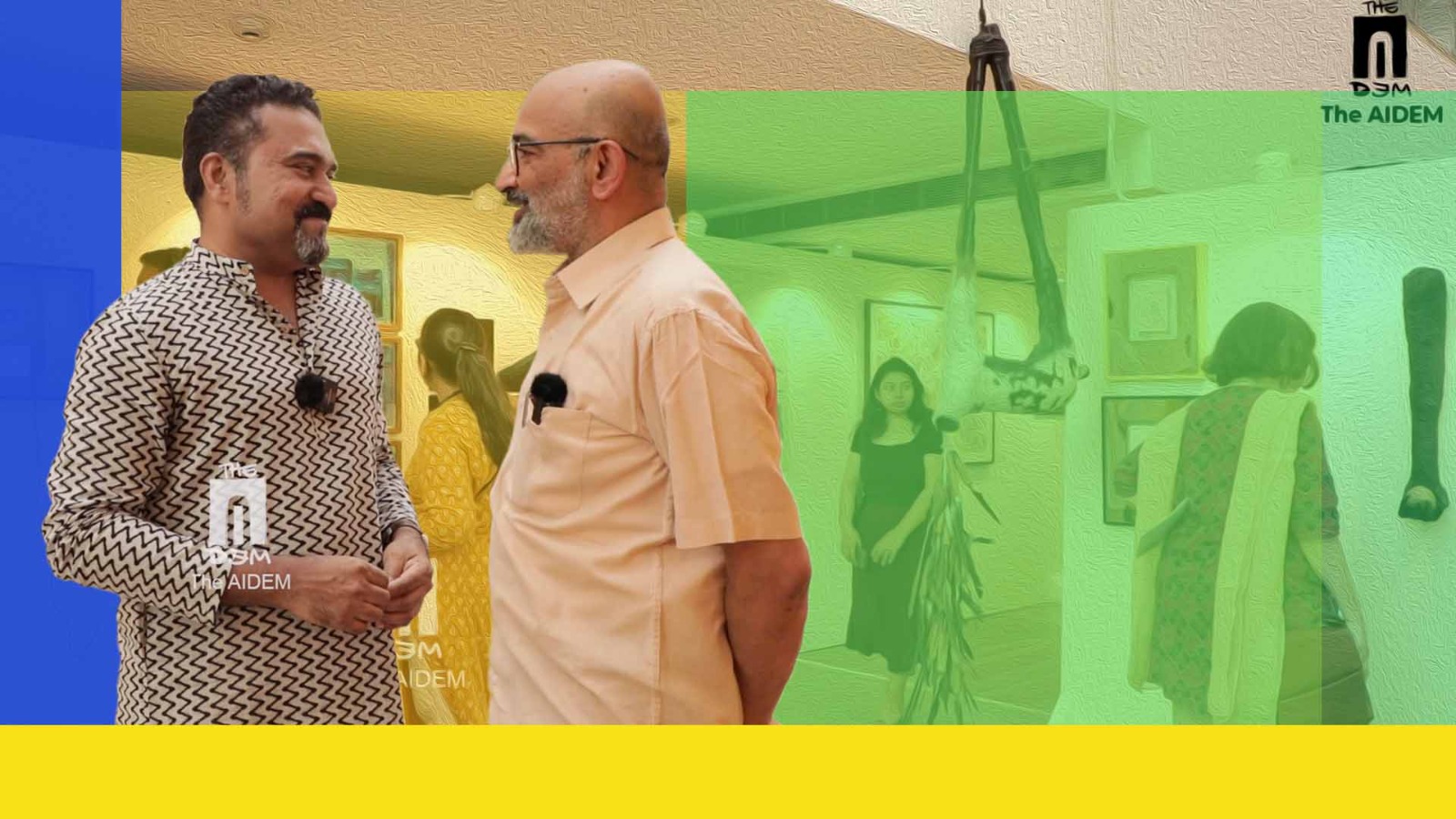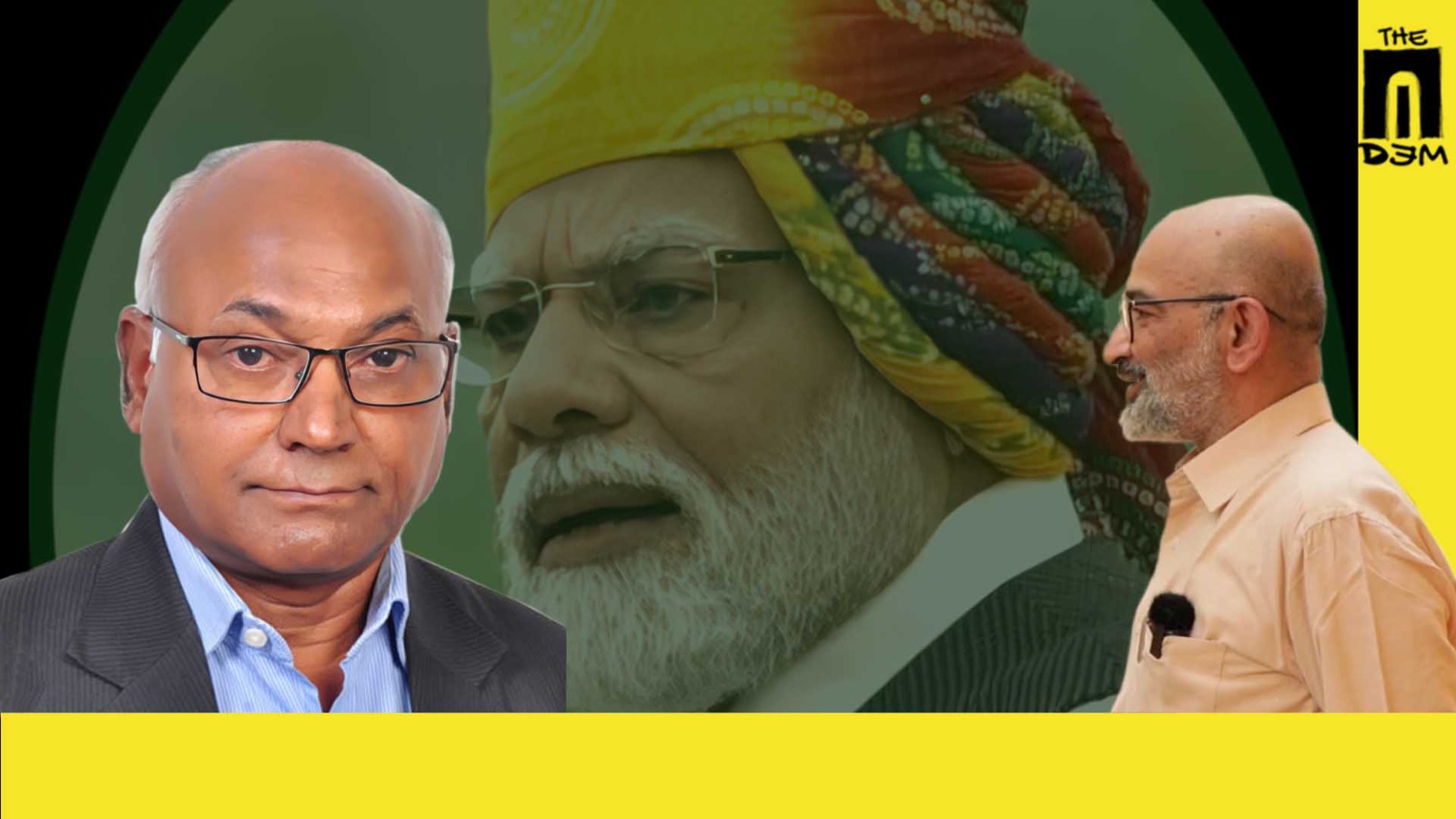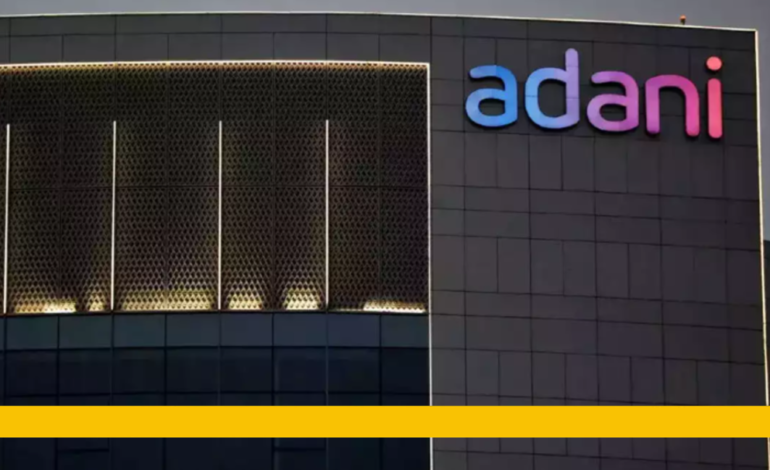
The Adani Enterprises’ Follow-on Public Offer (FPO) that closed on Tuesday has been rated as a “sails through“ by market observers, but this is unlikely to settle the shares’ volatility in the days ahead. The most significant facet of the FPO was that non-institutional investors (NII) bid for 3.19 crores of the 5.08 crore shares bid for – that is 63% .
But even more strikingly, even within the category of NII, those with bids of above Rs.10 lakhs accounted for 99.75 %. Thus, the biggest of the big ticket biggies, for whom 64 lakh shares were reserved, actually bid for 3.185 crore shares. Oversubscription in this subcategory was thus almost 5 times. The overall subscription of NIIs was 3.32 times their quota.
This category may have saved the FPO for now, but this raises even more questions, given that the objective of the FPO was to dilute concentrated holdings of the Adani share among the promoters. More about it later. The only other category that saved the blushes for the Adanis today was the qualified institutional buyers (QIB) category — bids were received for 1.61 crore shares against a reservation of 1.28 crore shares — implying that the oversubscription here was 1.26 times their quota.
Listen to the podcast of this article here
Bids by foreign institutional investors (FIIs) accounted for 77 % of bids by QIBs — most notably, mutual funds, banks and financial institutions (FIs) were absent in this category. The FPO was a flop show among all other categories of investors. Adani Enterprises’ own employees, for whom 1.61 lakh shares were reserved, opted to bid for just half the reserved quantity of shares.

Not unexpectedly, given the circumstances, the biggest setback for the Adanis was among retail investors. Of the 2.29 crore shares set aside for this category, bids were received for only 26.98 lakh shares – implying an acceptance rate of just 11.78%. But even more tellingly, 71 % of the bids were received at the cut-off price – the base price of Rs. 3112 (the upper bound was at Rs. 3276/share).
Of course these bids are eligible for a discount of Rs 64 a share. Overall, the Adani Ent FPO received bids for 5.08 crore shares against an offer of 4.55 crore shares – an oversubscription of 1.12 times. Great win? Not quite, it would appear. But questions abound, many of them disturbing, especially because the “success” has rested heavily on the big moneybags who have saved the FPO from the disaster that was apparently staring at the Adanis in the face till today afternoon.
First, if the purpose was to dilute the promoter stake and make the shareholding more dispersed, the way the FPO has gone does little to further this objective. Secondly, the “innovative” book-now pay-later structure of the FPO in which investors needed to pay just half of the price now for the shares they will be allotted, may actually inhibit investor interest even more because of the extreme volatility that the stock has shown.
If the price of the share goes down even further, investors who may have “overpaid” for the stock may well rue their decision to bid. In fact, this factor may well have played a significant role in why retail investors stayed away. Among the core issues raised by the Hindenburg revelations were those about how shareholdings that were not at arm’s length from the Adani Group are perhaps allegedly masquerading as “public” holdings.
The most important issue that would be of investor interest would be to know who the Big Guns who have saved the day for the FPO actually are. From a systemic viewpoint Know Your Investor (KYI) ought to be just as important for an institution as knowing its customer’s KYC! And, that is not just about the fate of one of India’s fastest growing (and biggest) conglomerates or about a boss who is among the world’s richest, but about the credibility and integrity of Indian capital markets.
Subscribe to our channels on YouTube & WhatsApp


